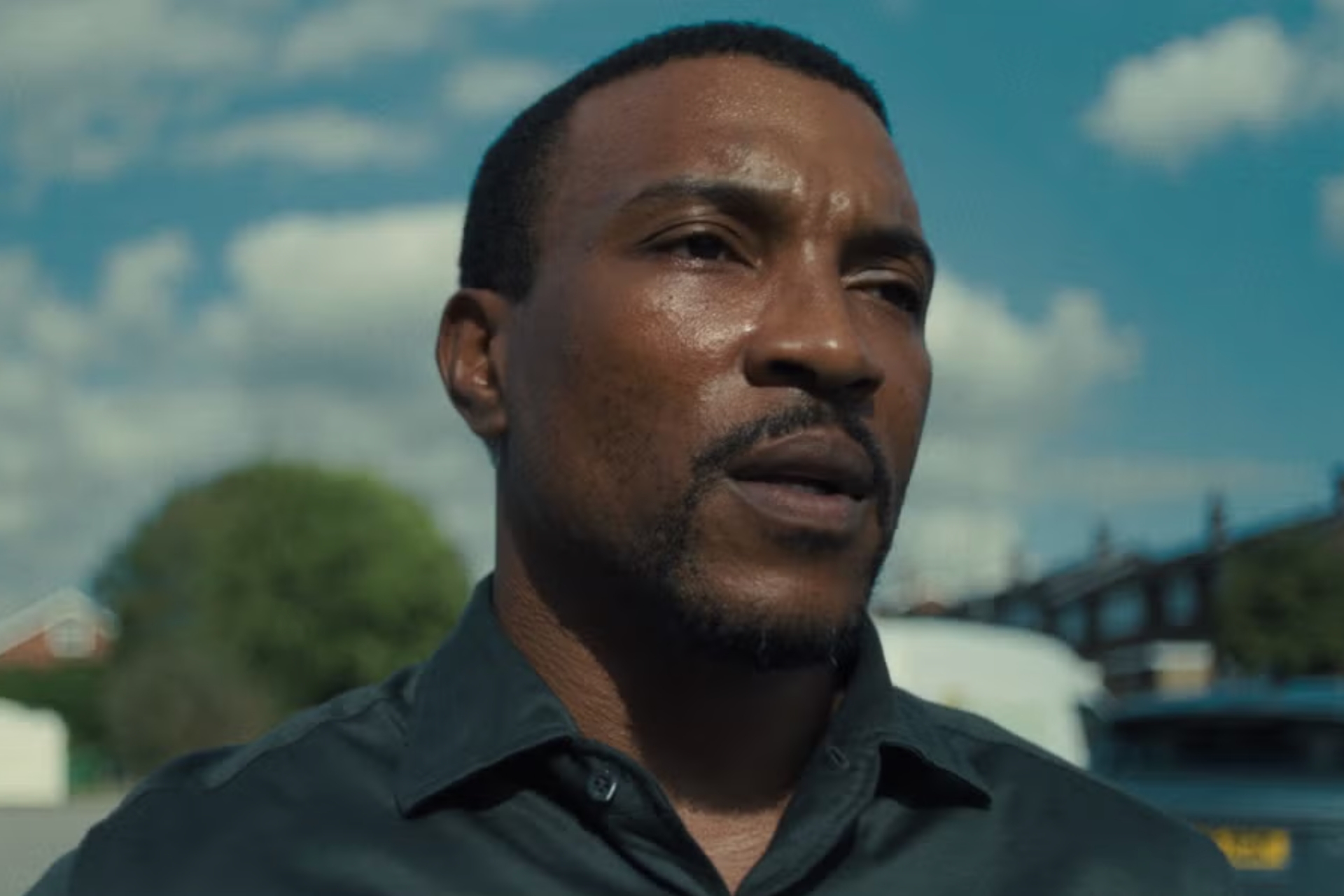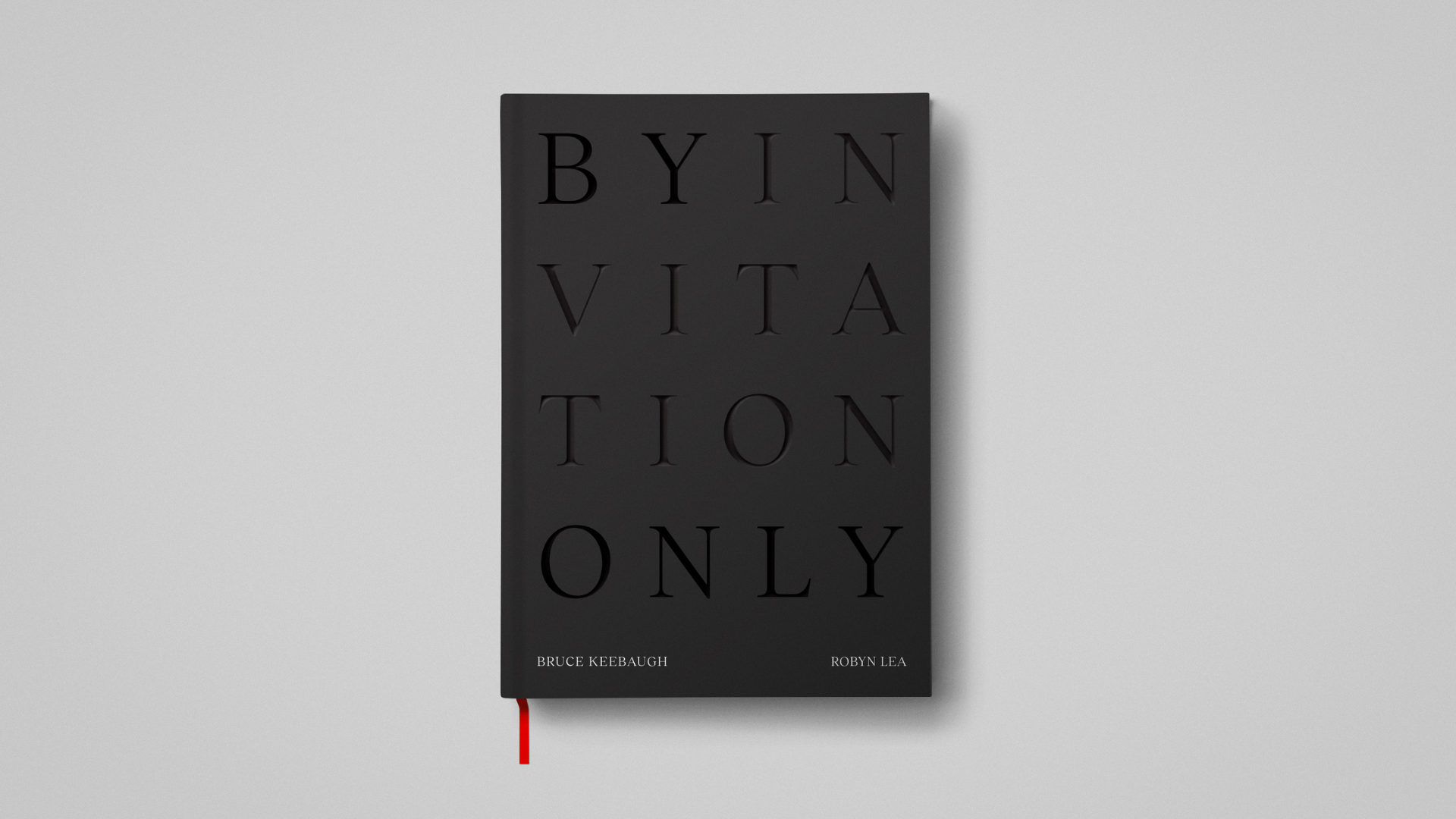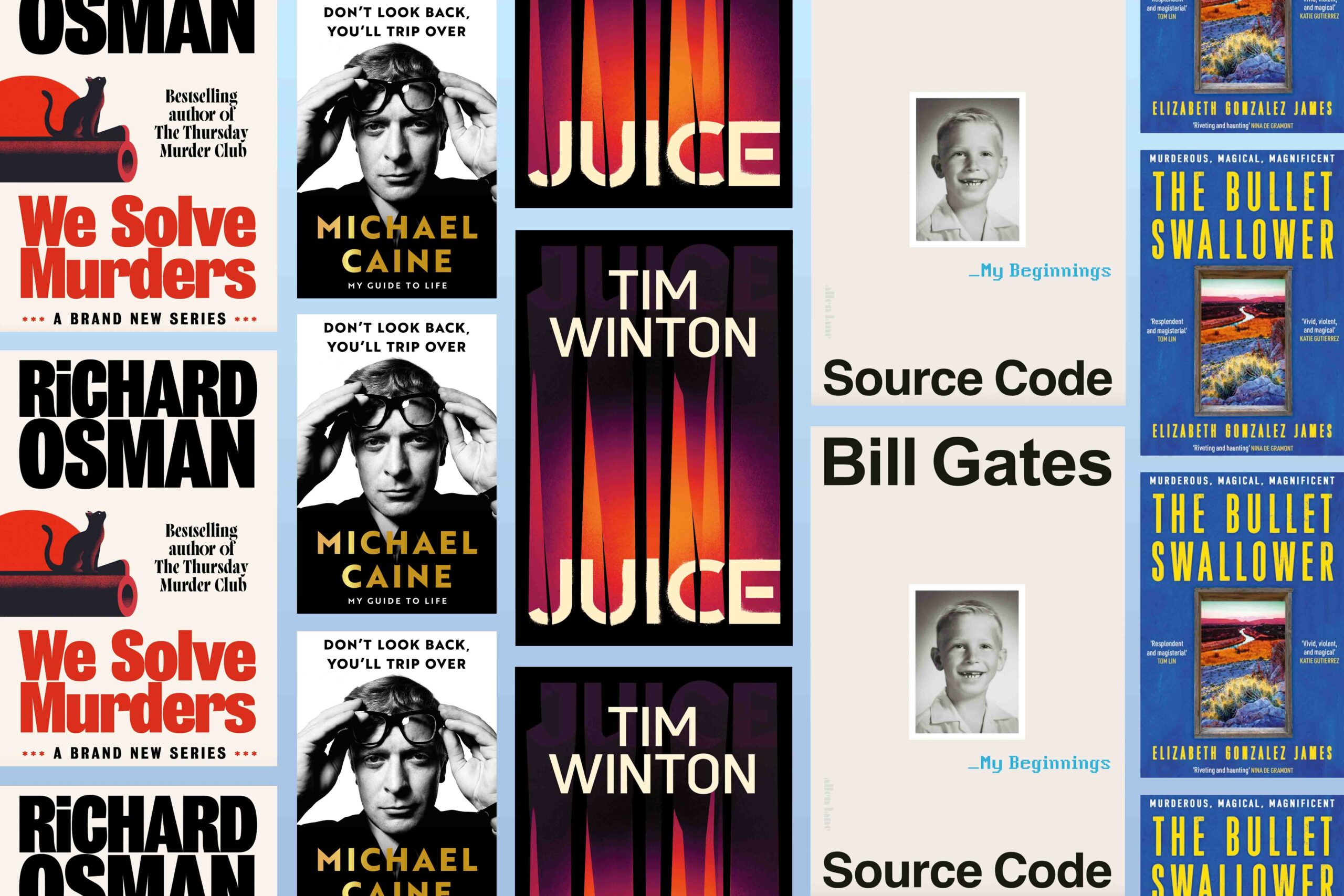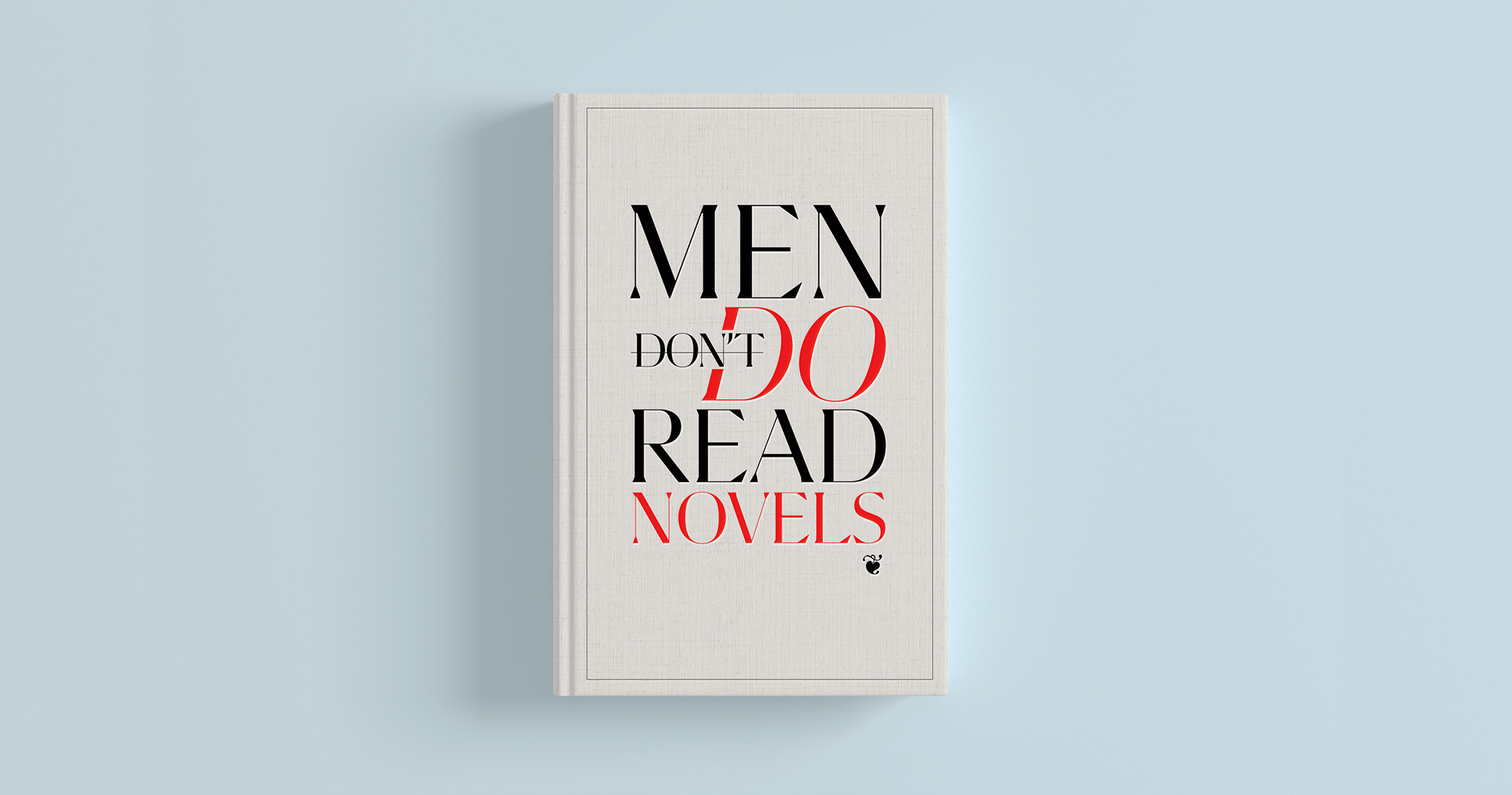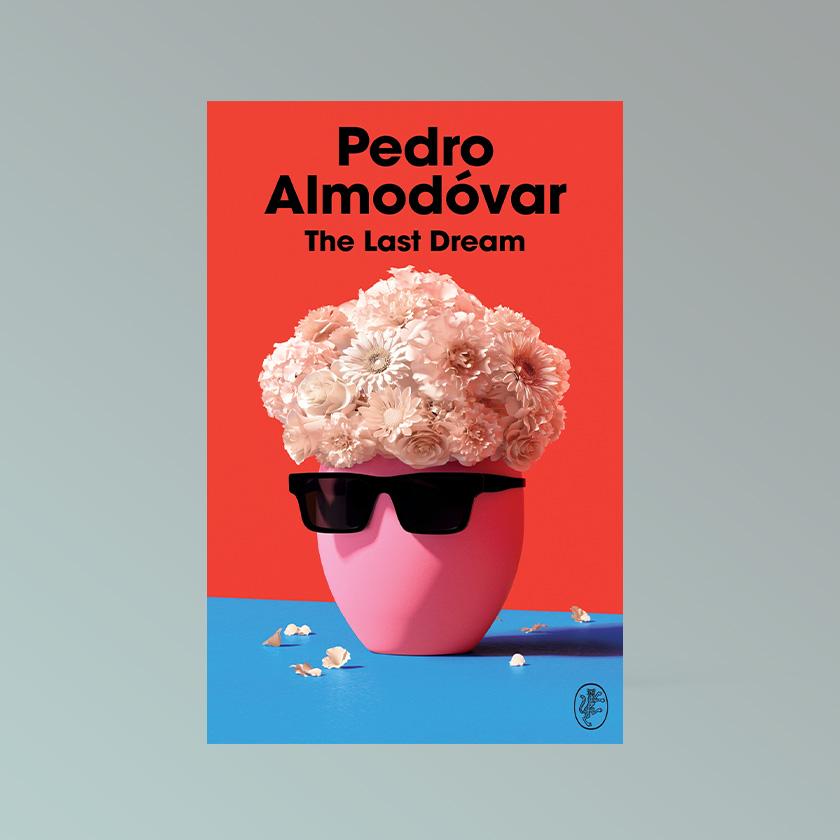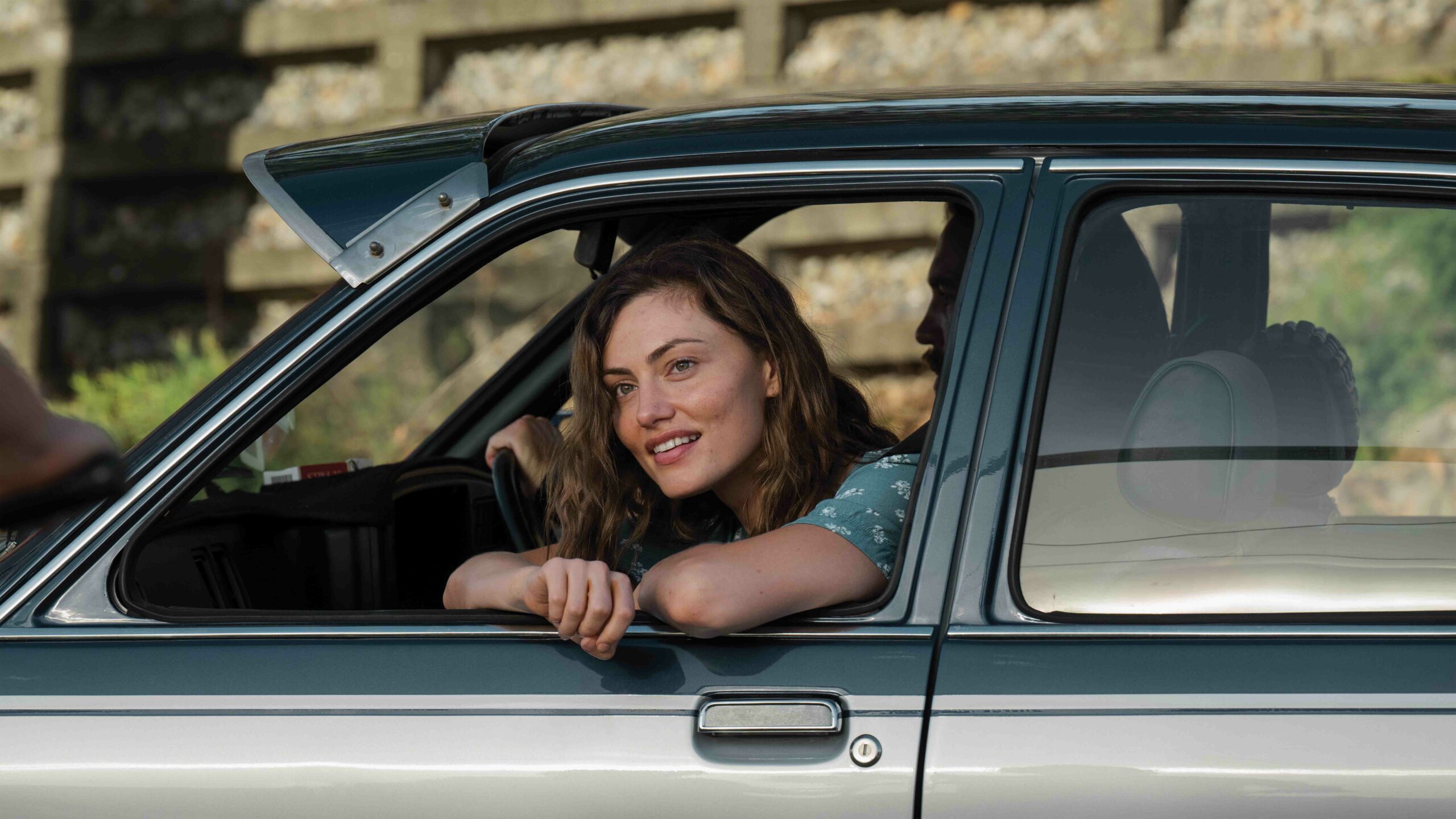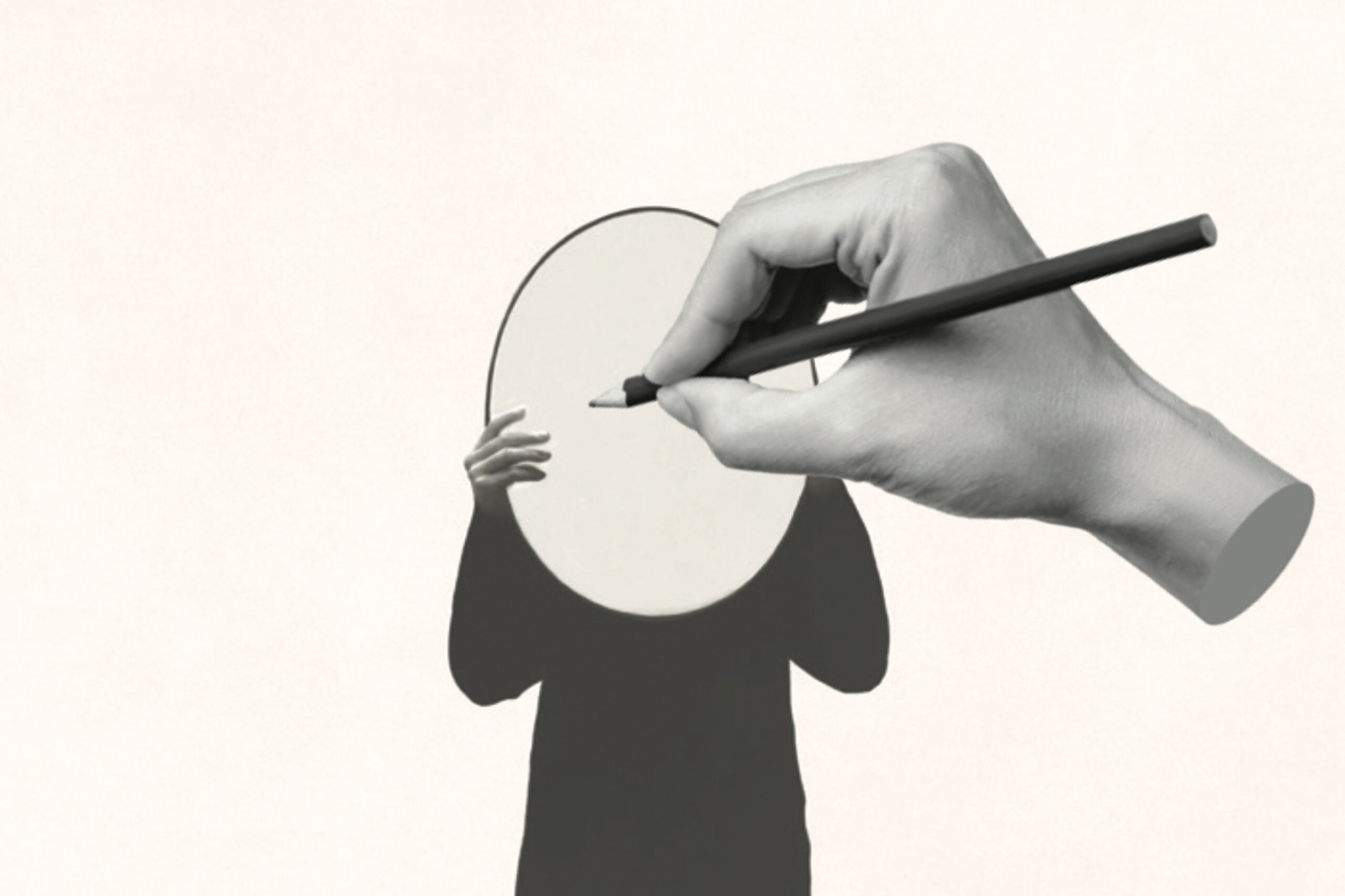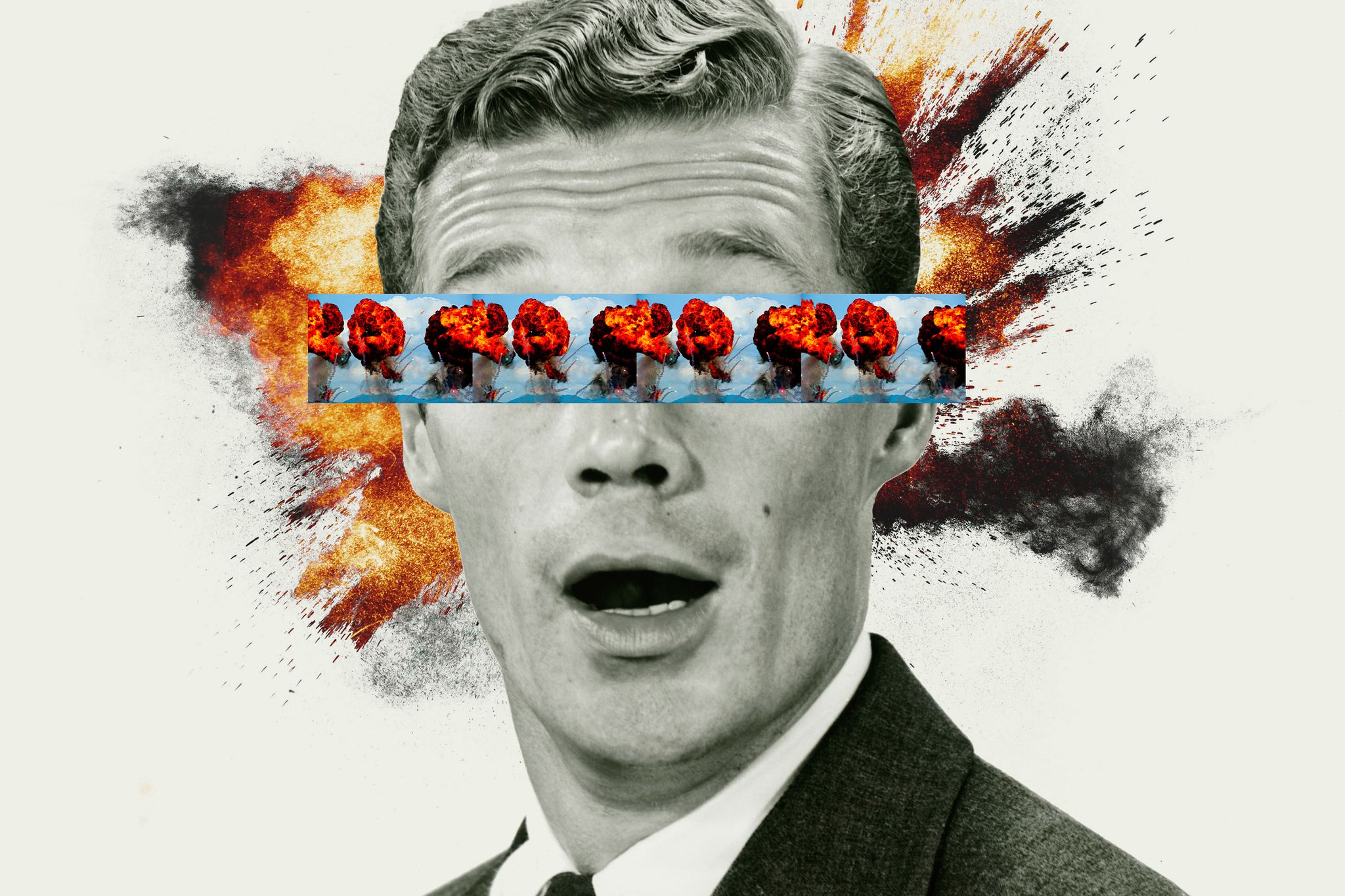6 of the best books about tennis
It’s no surprise that a sport with the rich history, intrinsic beauty and psychological demands of tennis has spawned a virtual library of fine books. Here are six clean winners
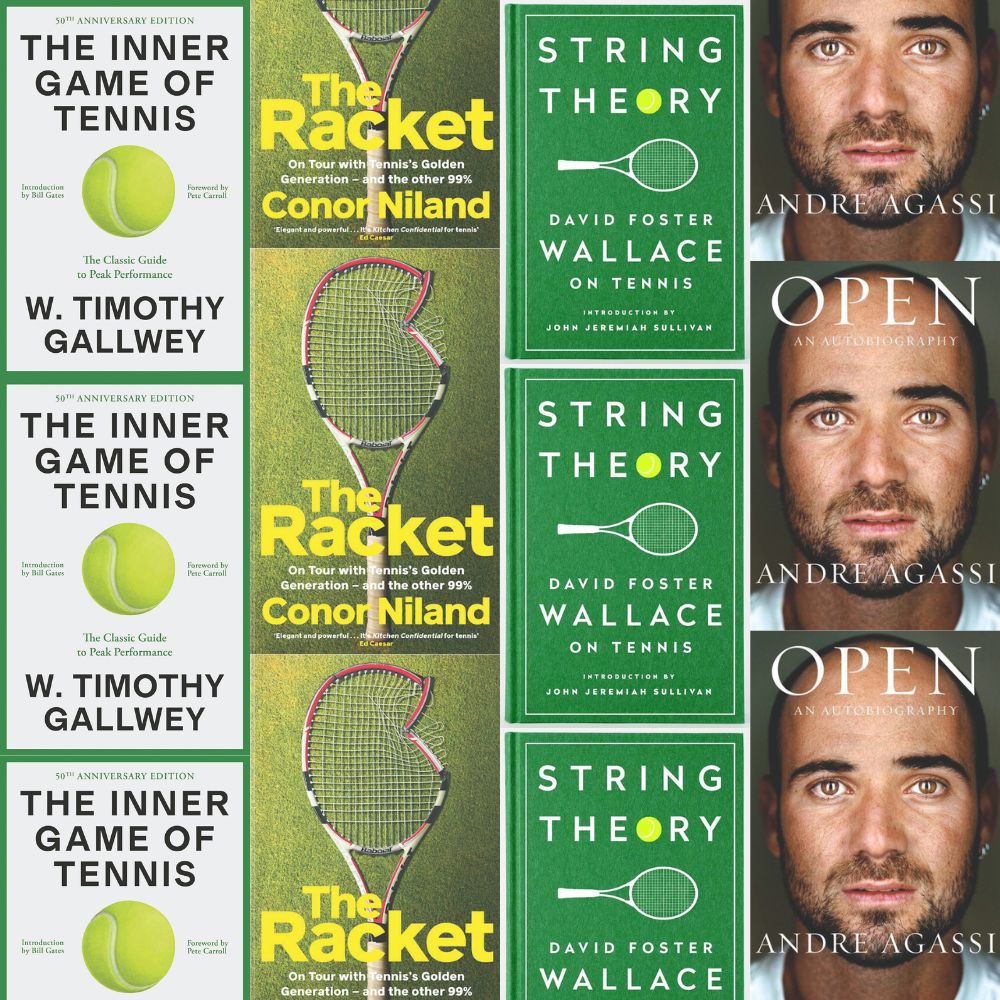
IN MANY WAYS, the sport of tennis is an artform comparable to literature. Every serve begins a new chapter, every return is a piece of dialogue, every pinpoint forehand a carefully placed plot device, and every winner a tempestuous climax.
Alright, maybe we’re overdoing it with the symbolism here, but the fact of the matter is that tennis does lend itself to the literary realm. The intense, one-on-one competitive nature of the sport creates a narrative in every match with the sort of high stakes drama that would make for a great film – oh right, it already did. In addition to this, the burgeoning interest in top players’ personal lives (à la Drive To Survive) has led to increased demand for insights into the inner workings of the minds of tennis’ superstars, as well as the eccentricities of the ATP and WTA tours. And let’s not forget that these top players are celebrities unto themselves, complete with legions of loyal fans. When they release an autobiography, it’s going to sell.
So no, we shouldn’t be surprised that there are a litany of great books about tennis out there. But which are worth reading? These are our top picks.
What are the best books about tennis?
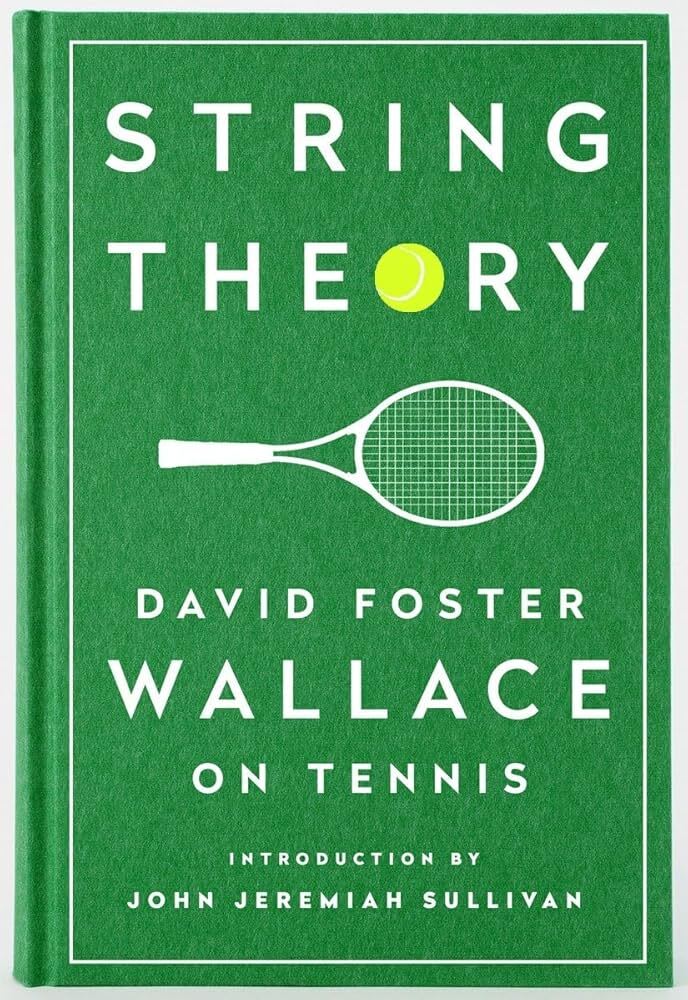
String Theory: David Foster Wallace on Tennis, by David Foster Wallace
Before he gave the world Infinite Jest, Foster Wallace was a top-flight junior tennis player, racking up wins across America’s Midwest. Thus, one of the great writers of his generation also grasped the finer points of tennis, leading him to compose some dazzling essays on the game, assembled in this 2016 collection. The pick of the crop? ‘Federer Both Flesh and Not’ is a masterpiece, but so is ‘How Tracy Austin Broke My Heart’ – his scathing extended review of her “breathtakingly insipid autobiography”.
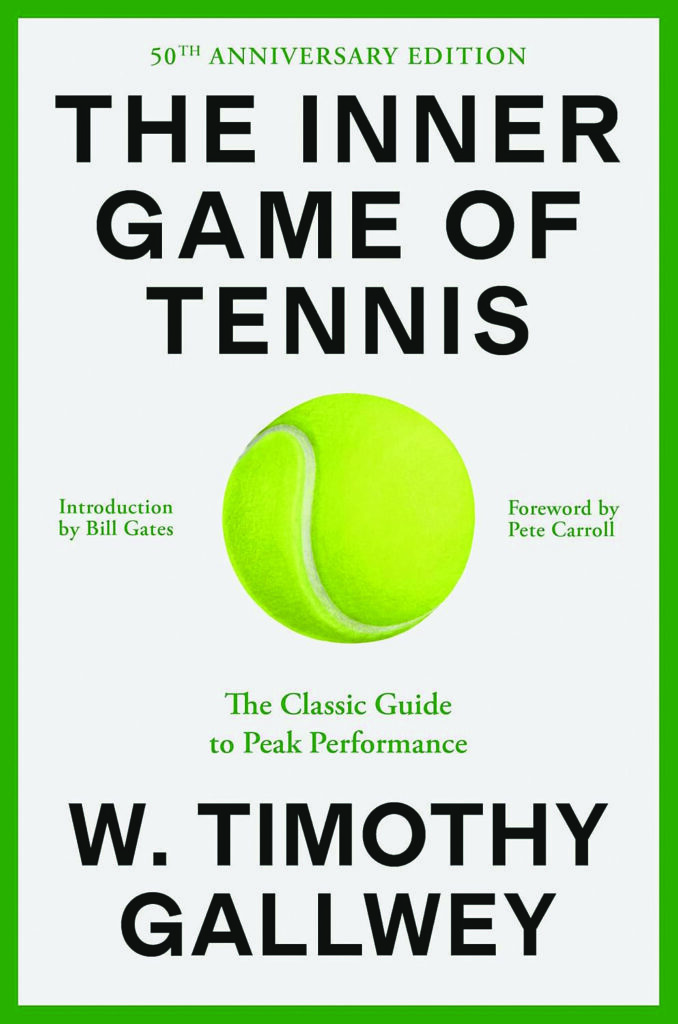
The Inner Game of Tennis, by W. Timothy Gallwey
Why do we invariably play better in practice than in competition? Few have addressed that conundrum as elegantly as Gallwey does in this ’70s treatise that Billie Jean King called her “tennis bible”. Writing as a post-epiphanic Californian tennis instructor, Gallwey contends all players have two selves: Self 1 (the analytical, carping and controlling ego mind) and Self 2 (the doer whose talent would consistently find release if only Self 1 could be silenced). The Inner Game’s timeless insights apply well beyond the court.

Open, by Andre Agassi
Released in 2009, three years after Agassi’s retirement, Open was a publishing thunderclap for good reason: it’s surely the best tennis memoir ever written. Though Agassi scores the writing credit for this astonishingly frank, vivid and engaging work, it was never a secret that he made an inspired choice of ghostwriter – Pulitzer Prize winner J.R. Moehringer, who later teamed up with Prince Harry for Spare. One bizarre effect of Open: you find yourself wishing you could have been part
of Agassi’s entourage – every character is so charmingly imperfect.
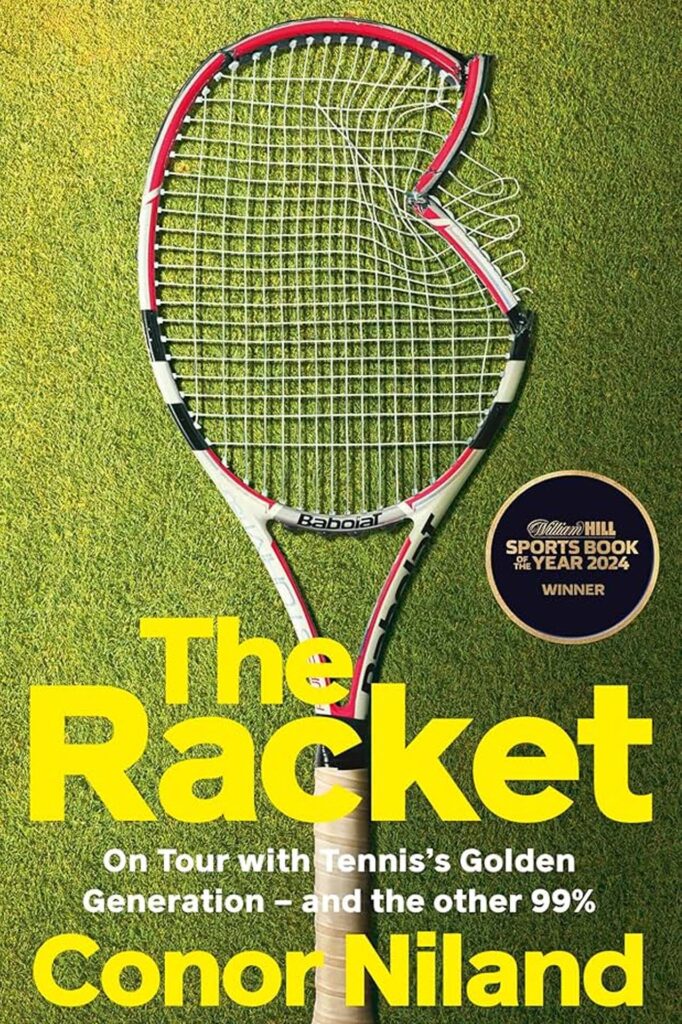
The Racket, by Conor Niland
Though Niland isn’t the only tennis journeyman (highest ranking: 129) to have penned an insider’s account of life on the fringes of the ATP Tour, The Racket might be the best of its kind, laying bare the week-to-week struggles of “the other 99 per cent” while spilling on the great players. “He struck me as more Germanic than he came across in interviews, his voice and accent more guttural,” Niland writes of Federer. “He had more swagger and appeared less playful behind the scenes.”
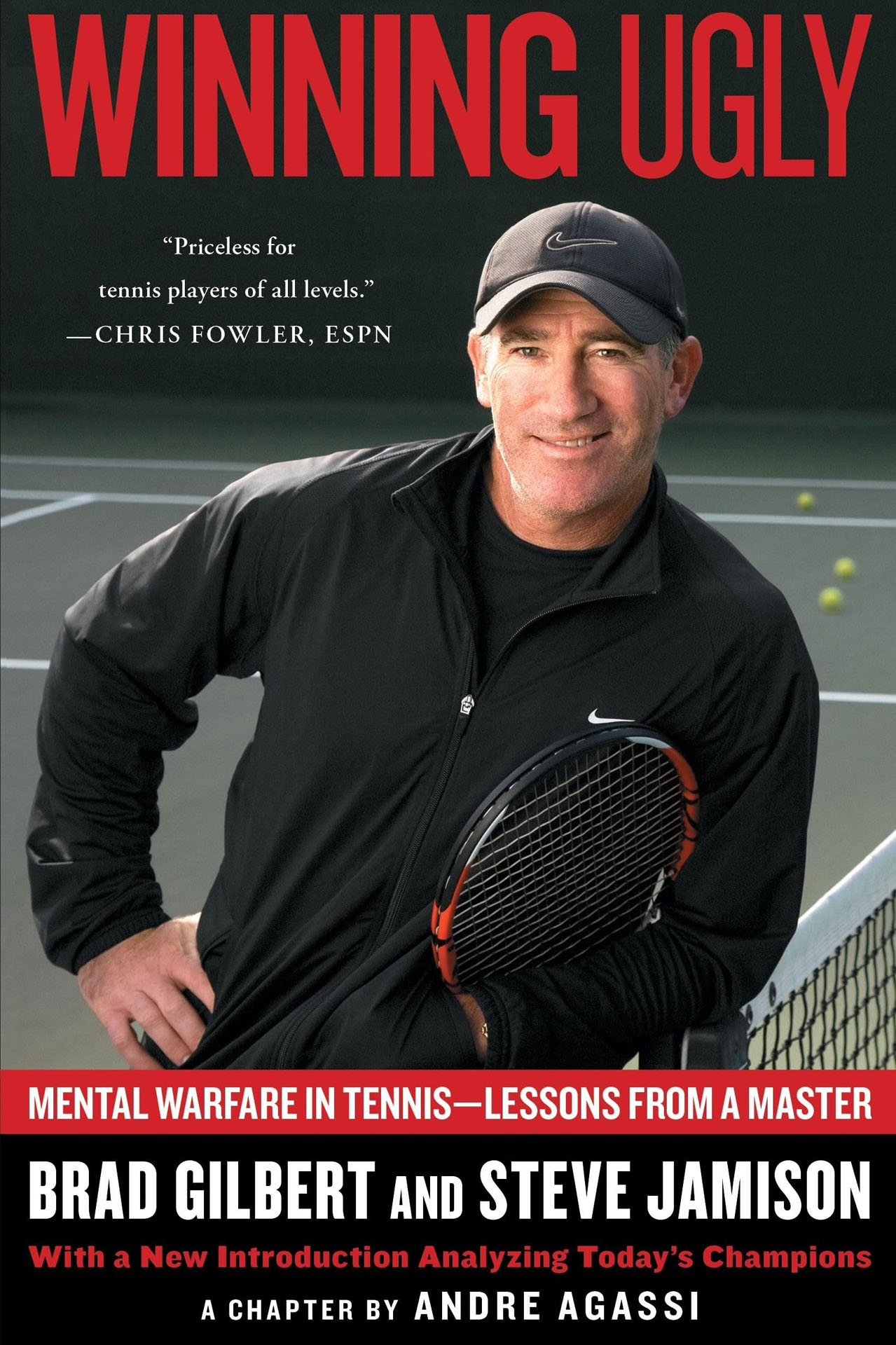
Winning Ugly, by Brad Gilbert with Steve Jamison
As a high-ranking pro in the ’80s and ’90s, Gilbert specialised in beating players (Connors, McEnroe, Becker) whose talents seemed palpably greater than his own. His secret was a knack for identifying and exploiting their games’ tiny chinks and predictabilities, to the point where the more fancied player would implode before our eyes. Gilbert blends comical retrospectives on his more unlikely triumphs with strategic and tactical takeouts that could turn you into a recreational
giant killer.
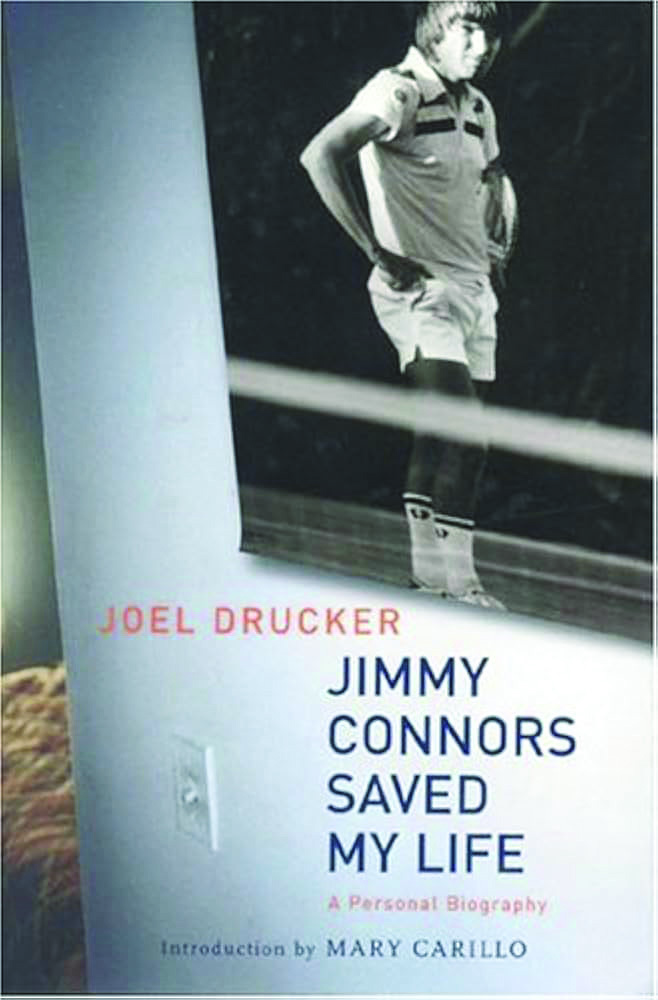
Jimmy Connors Saved My Life, by Joel Drucker
Obsessed writer Drucker thought it was his life’s mission to produce the authorised biography of the inimitable Connors. While that didn’t happen, the book he did write is a gem – “a personal biography” that contains some input from Connors but leans heavily on meticulous research, interviews with secondary figures and an interweaving of Drucker’s own poignant life story.
Related:










